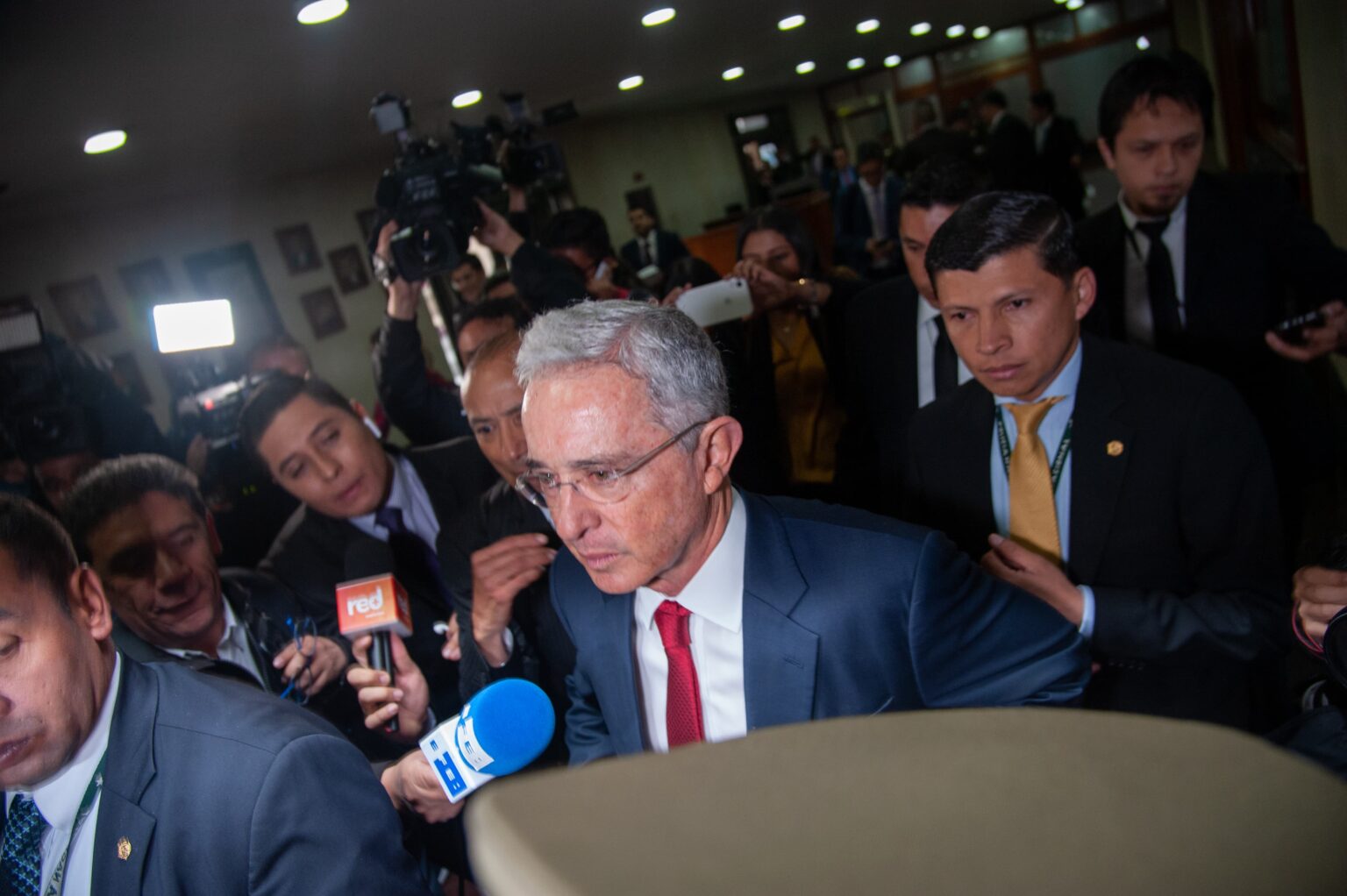In a groundbreaking ruling on July 28–29, 2025, former President Álvaro Uribe was convicted of witness tampering and bribery of a public official, becoming the first former Colombian head of state to be found guilty in criminal court.
Judge Sandra Liliana Heredia presided over a lengthy, 10-hour session to read the verdict, concluding that there was clear evidence Uribe conspired with his attorney to pressure jailed paramilitary figures into recanting testimony given to Senator Iván Cepeda, who had been investigating Uribe’s alleged links to paramilitary groups. The case marks a dramatic moment for Colombian politics and a decisive step for judicial accountability in the country.
Legal Landscape and Potential Sentence
Uribe, now 73, faces between six and twelve years in prison, though his age could make him eligible for house arrest. The sentencing hearing is expected later this week, at which the court will also determine if he will be detained during the appeals process. His defense team has confirmed they will appeal, asserting that flaws in the case undermine the legitimacy of the ruling.
Despite contesting the verdict, Uribe’s lawyers expressed respect for the judicial process while vowing to continue their legal battle to overturn the decision. The ruling comes after nearly six months of trial proceedings that examined testimony, recorded calls, and extensive evidence linking Uribe to efforts aimed at manipulating witnesses.
Political Fallout and Public Reaction
The timing of the decision, just a year ahead of the 2026 presidential election, has fueled intense political debate in Colombia. Uribe remains a towering figure in the country’s political landscape, having led the nation between 2002 and 2010 under his hardline security policies.
His conviction has polarized Colombians, with supporters branding it political persecution while critics view it as long-overdue justice. International observers have also weighed in, with U.S. politicians such as Marco Rubio warning that the case could signal judicial overreach, while Colombian President Gustavo Petro praised the verdict as a demonstration of judicial independence and a milestone for Colombia’s rule of law.
Broader Context: A Legacy Under Scrutiny
Uribe’s presidency is remembered for his “Democratic Security” strategy, which won strong backing from Washington and significantly weakened insurgent groups like the FARC. However, it was also marred by controversies including the “false positives” scandal, in which thousands of civilians were killed and falsely reported as guerrilla combatants to inflate military success.
The current case originated from a 2012 libel complaint Uribe filed against Senator Iván Cepeda. Rather than indicting Cepeda, the Supreme Court shifted focus to Uribe, launching an investigation in 2018 that culminated in this week’s conviction. The verdict has placed Uribe’s once-dominant political legacy under renewed scrutiny, underscoring how deeply his legal battles could shape Colombia’s future political direction.


